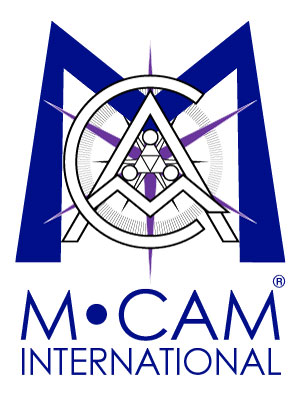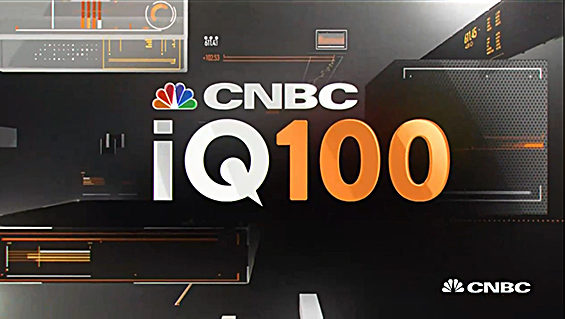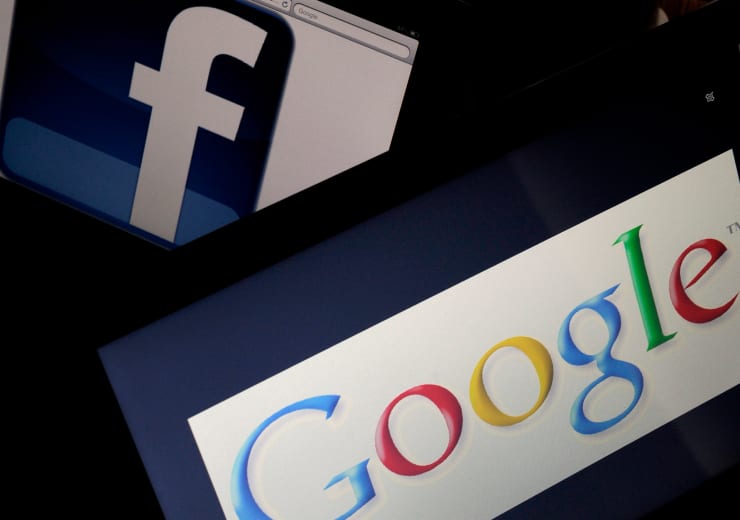I’m sure you’re familiar with the , which features private companies whose innovations are revolutionizing the business landscape.
But what about companies that are not necessarily leaders in disruptive technologies but are consistently innovative in their own space?
Today I want to introduce you to a new index: the CNBC iQ 100, powered by MCAM. It’s an index of 100 companies chosen from the Russell 1000, an index of the 1,000 largest companies in the United States. The index chooses 100 of those companies that are consistently innovative, updated on a quarterly basis.
What is innovative? These companies control price through market rights to original ideas or exclusive intellectual property. Traditionally, this means patents, trademarks and copyrights, but it can also mean trade-secret rights or even more hard-to-measure concepts, like water rights or pollution rights.
Why the emphasis on innovation? Because intellectual capital and intangible assets are critical to a company’s growth prospects, yet it turns out to be very difficult to reliably report on the value of innovation. In 2013, Bloomberg reported that as little as 7 percent of large corporations’ value is captured in tangible assets with more than 90 percent reflected in patents, brands, copyrights and other intangibles.
This is not a popularity contest. There is no human bias in the selection. Leaders are derived using a mix of algorithms developed by MCAM that search ALL public filing for relevant criteria. The stuff that matters — the intellectual property and other intangible assets — are compared qualitatively to the equivalent rights held by other firms; then the economic consequence of these assets on the underlying business is characterized.
And our No. 1 “innovation leader” is … Johnson & Johnson!
Jin Lee | Bloomberg | Getty Images
Johnson & Johnson? The health-care company? Band-Aids? Tylenol? Baby diapers? Sure, they make that stuff, but they’re also deep into pharmaceuticals, surgical equipment and diagnostics. In the language of innovation, they have market protection that gives price advantages in more verticals than most companies. And they are vastly diversified: You might spend less on baby oil, but you’ll spend more on diabetes-care products.
Bottom line: J&J competes across a broad range of business lines and is often the leader in each. It continually develops new products and reinvents existing ones and derives increasing revenue from those innovations.
Or take Amazon, which is often thought of as a proxy for retail. Not so, says MCAM founder and chairman David Martin. According to him, they are a retail supply-chain management company. They are not a traditional Wal-Mart or any other retailer. ”
The difference? Robotics, logistics and back-office technologies give them the ability to move more goods and services across more industries than anyone else. Because they own and control all of their supply-chain costs and do not have to rely on third-party vendor solutions, they have control over their cost basis.
Finally, you should take a careful look at the companies that are left out. Target, for example, is not there. Remember, they were involved in a massive data hack that harmed its efforts to develop proprietary advanced payment technology. They do not have any of their own internally developed supply chain. They have to get vendor input, and so their destiny is being dictated to them by outside partners.
Instead, Visa is a leader in that space. “Visa is not only a credit provider, they are a consumer analytics company,” Martin told CNBC. “Because of that, they can tell you what’s happening at a same-store sales level, providing that insight back to advertisers.”
What about tech? You’ll find Apple, Intel, Microsoft and IBM, but not Google. And no Facebook.
“Google is an advertising agency wrapped in the seduction of a search engine,” Martin said. “Their marginal revenue comes entirely from ads, not from technology. Their business is advertising; they are not a tech company.”
No Facebook? At least, not yet, Martin said. Many would argue that Facebook is “innovative” in its approaches to numerous problems. But currently, almost all of those novel approaches have yet to yield substantial revenue. By its own admission, Facebook is best categorized as an advertising company, according to Martin. And the architecture and infrastructure that powers most of Facebook is built on systems owned by or licensed from other companies.
“As soon as Facebook derives substantial revenue from IP that it owns — Oculus, for instance — it will be considered for inclusion in the index,” Martin said.
Does innovation matter? Martin insists it does. His analysis concluded that the CNBC iQ 100 outperformed the S&P 500 by an average of 5 percent points going back to 2007.
Click here for a list of the 100 companies.
from CNBC.



